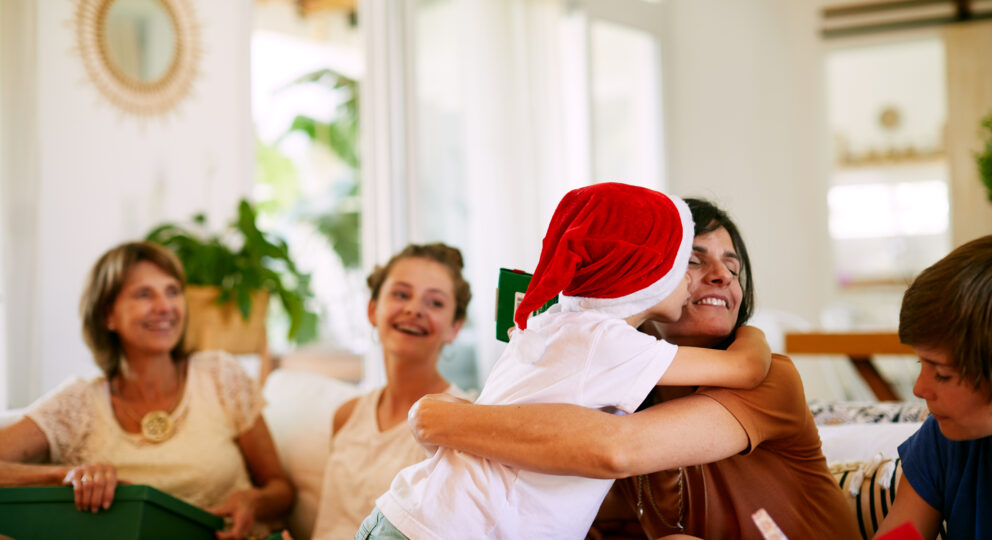In theory, it seems obvious that human kindness is just as necessary online as offline. For some reason, when interacting with others on the web, this becomes easy to forget. Though you often engage in online and offline interactions simultaneously, you can lose perspective and experience these activities as existing in two separate dimensions—one of which doesn’t really matter as much.
Kids in particular often have difficulty discerning what’s real and what’s not. Readily believing in magical creatures in the stories they read, they are happy to live in a land between fantasy and reality. Their eagerness to trust and lack of ability to distinguish fact from fiction makes them vulnerable to the thought that online communications somehow belong to another world. In this regard, your role as a parent is to make it clear that online communications are very real and that they impact real people with real emotions and can cause real suffering.
For this reason, it’s important that you talk to your kids about their online experiences including what their online friendships are like, what kinds of things they like to do on the web, and how they use social media. In working to maintain this connection with your kids and awareness of this (often huge!) part of their lives, you put yourself in a good position to spot potential problems as early as possible. If you get the feeling that something is wrong (e.g., see that your child appears to be upset or stressed out when communicating online, or notice that they are withdrawn and seem out of sorts), engage proactively. Ask questions. Although they may not be eager to volunteer information about such problems, as Emotion Coaches, you can help.
If you see that your kid is experiencing problems in this area, don’t hesitate to share your own experience of challenges in the online world. Can you think of any examples of stressful situations or miscommunications you’ve experienced online? Is there anything you connect within their experience? Is there a story you might tell them about something that happened to you that might open a door and make it easier for your child to share the problems that they are experiencing?
This blog series covered an array of difficulties that adults face in their Digital Age relationships. Not everyone is good at clearly communicating their thoughts and feelings (especially online). Navigating the complexities of such social interactions is even harder for kids. Think of all the challenges they face. As parents, you can be there to listen with empathy and validate their feelings. By giving them your attention and understanding, you can show them love and help them to see that they are not alone.








